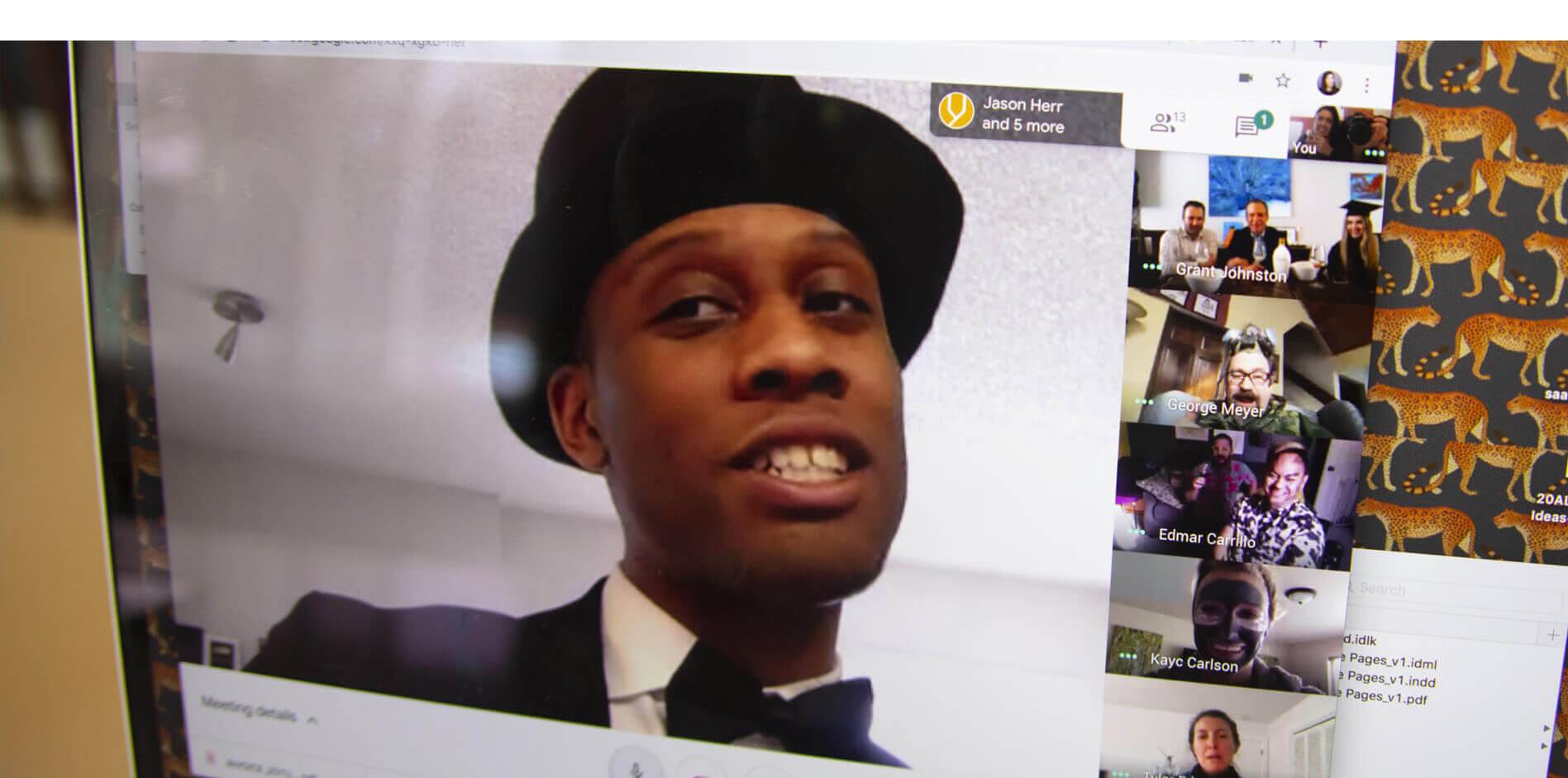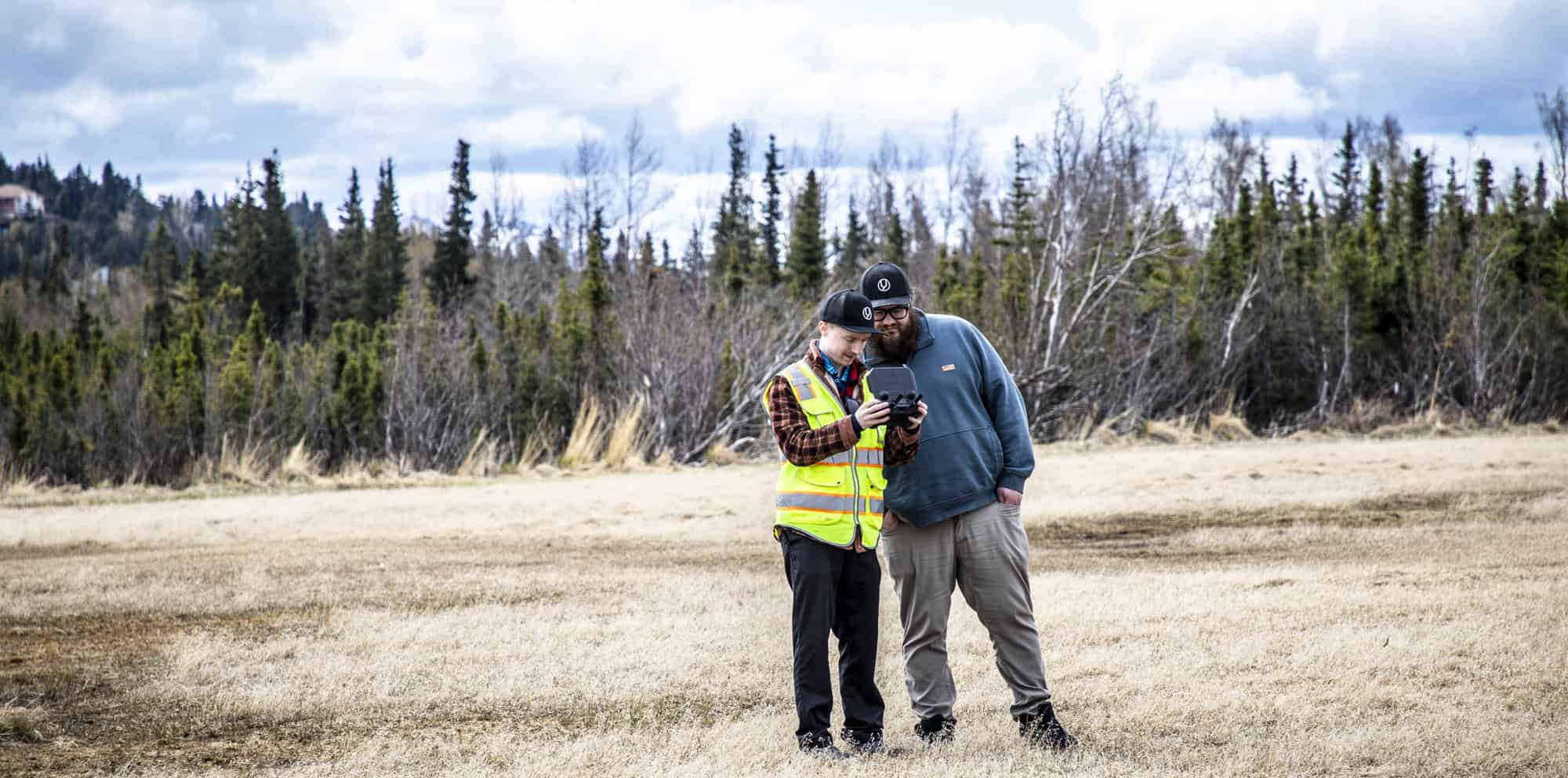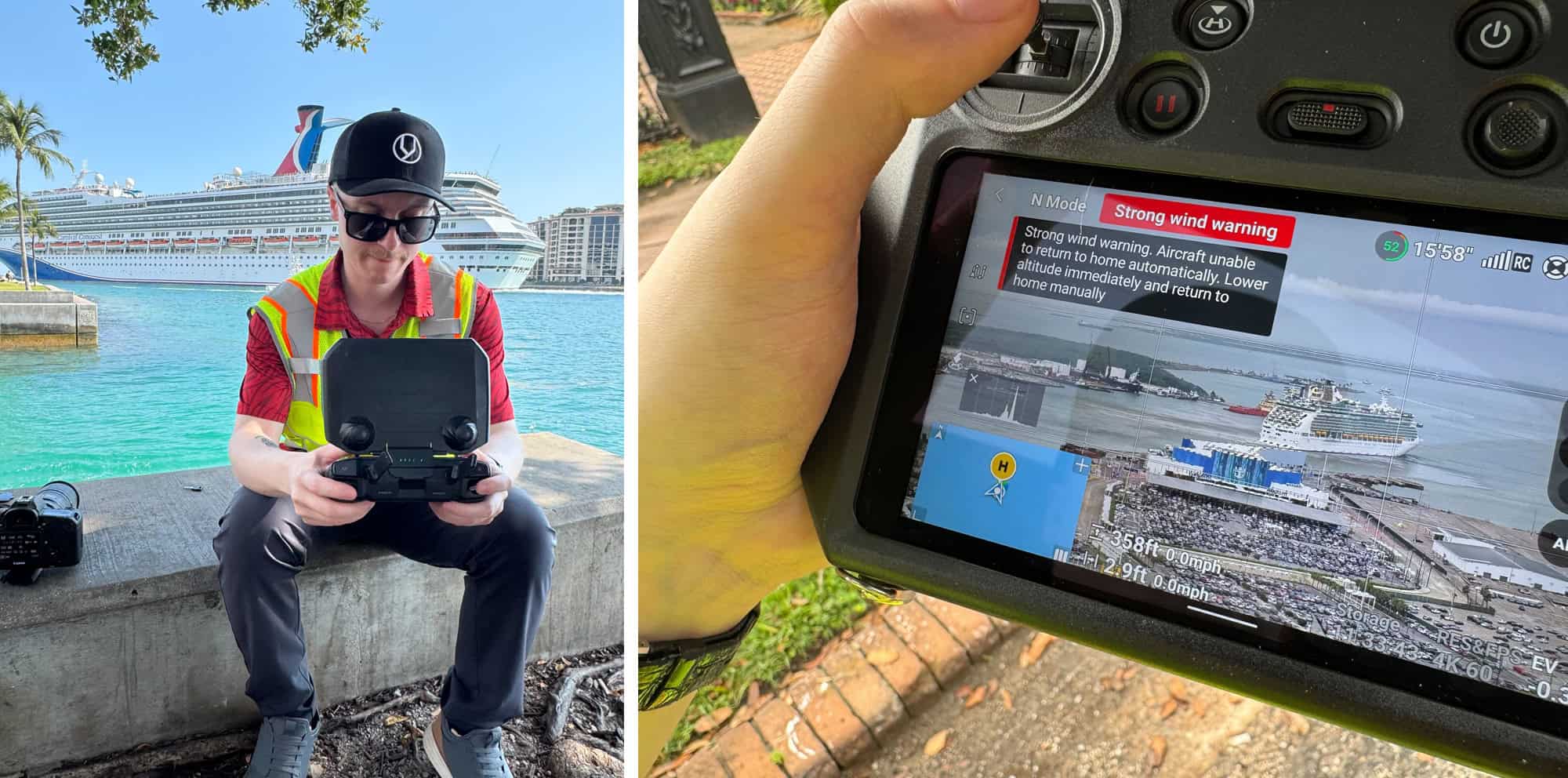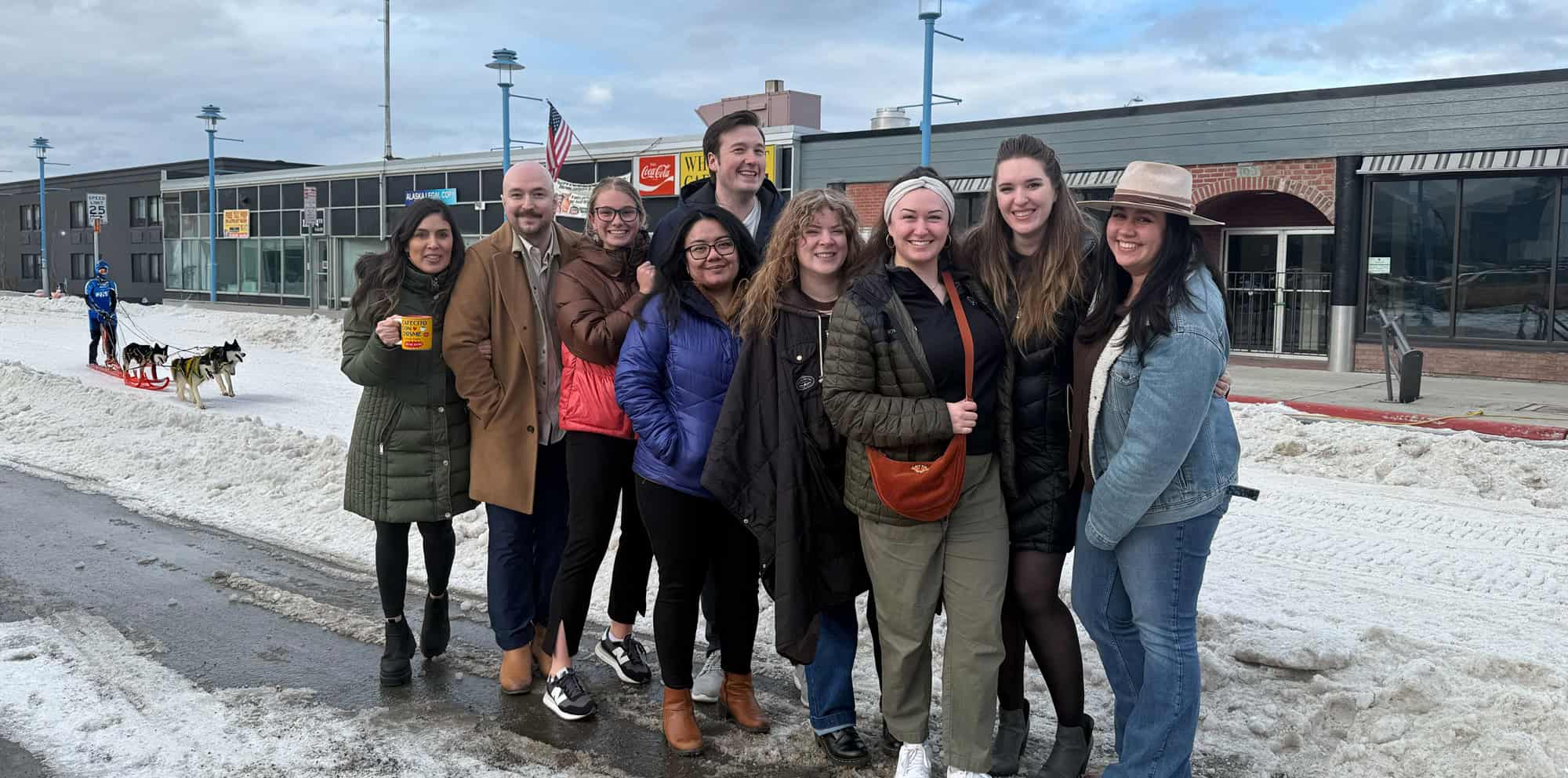
Staying Connected During Calamity
By Grant Johnston, Yuit Partner
Since our firm implemented a work-from-home policy two weeks ago, I’ve been impressed with the seamlessness of this transition. We’ve been engaged in rapid response communications for many of our clients as they seek to provide COVID-19 information and updates to their customers and stakeholders. Teamwork and “face time” have actually improved despite the physical separation – perhaps because when we work alone, the importance of engaging with others is more poignant. As we “hunker down” at home (the official name of Anchorage’s emergency order), staying connected to coworkers and family during this global crisis is more important than ever.
As bad as this pandemic is, our place in time is as good as any to go through something like this. Most of the world is connected through social media, instant messaging, and other platforms so we get real-time updates that will save lives. Technology allows for many businesses to continue operating to some degree with their employees at home, and e-commerce keeps some shoppers shopping, even if consumers are focused more on needs as opposed to wants. Even government funding to help Americans can be delivered quickly via electronic deposits. I shudder to think about how much worse off we would be had COVID-19 made its appearance even 20 years ago. Most of the world has access to the communications tools necessary to stay informed and engaged – and most of us are taking full advantage of them.
But what about the aspects of our personal connections that have nothing to do with technology or tools? Think social media without the “media.” As the impact of the COVID-19 pandemic on our daily lives became more apparent, my daughter Bella, along with thousands of high school seniors nationwide, was excited to be just weeks away from senior prom and graduation. At dinner the other night, she made a few remarks about how sad she was that these events were cancelled. With so many distractions happening, it would have been easy to add her disappointments to the pile of other pandemic consequences. But I picked up on her tone and saw in her facial expressions that she was truly hurting. This reminded me of the importance of being sensitive to the kinds of emotions that those around us may be experiencing. With this awareness, I was able to start a conversation with my daughter and talk about her feelings, as well as brainstorm about ideas to make the situation better. So far, we have ideas for a summer senior prom supported by parent volunteers (school faculty are “off duty” at the end of May). Next week, she will present this idea, and others regarding a graduation ceremony, to her student government class for consideration and action.
When it comes to communicating with those that we are hunkered down with under the same roof, I recommend frequent social media distancing. Even more so during this pandemic, put down the devices during dinner. Make an effort to check in with one another and to create the time and space to listen. Instead of being glued to devices when in the same room as your loved ones, use them to reach family and friends who are away. And remember, one of the greatest forms of communication is serving others. With less time taken up by daily commutes, meetings, and the gym, think of opportunities to help others.
My dad was born in 1941 in Honolulu, just months before the Pearl Harbor attack. He served in Vietnam and endured the national and global challenges of the past 78 years. “The COVID-19 pandemic is the most serious calamity of my lifetime,” he wrote in a note to my brothers and I. “If any good is going to come of this, maybe it’s that we will realize how much we depend on one another and no matter where we are in the world, how much we are alike. I hope when this is all over, we remember this.”
Communications involves connecting people through stories, ideas, and outreach. During these times, staying connected is more important than ever. Let’s take this opportunity to strengthen the connections we already have and find new ones to establish. After all, we’re all in this together.




